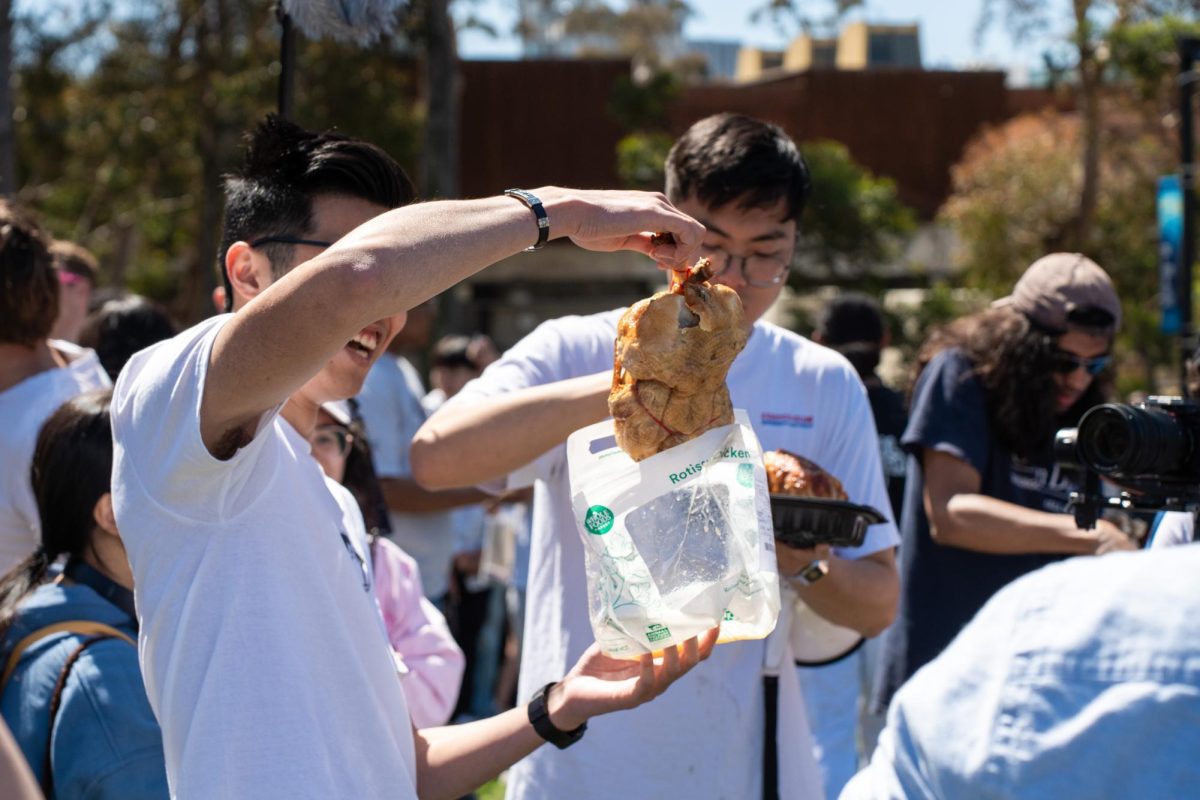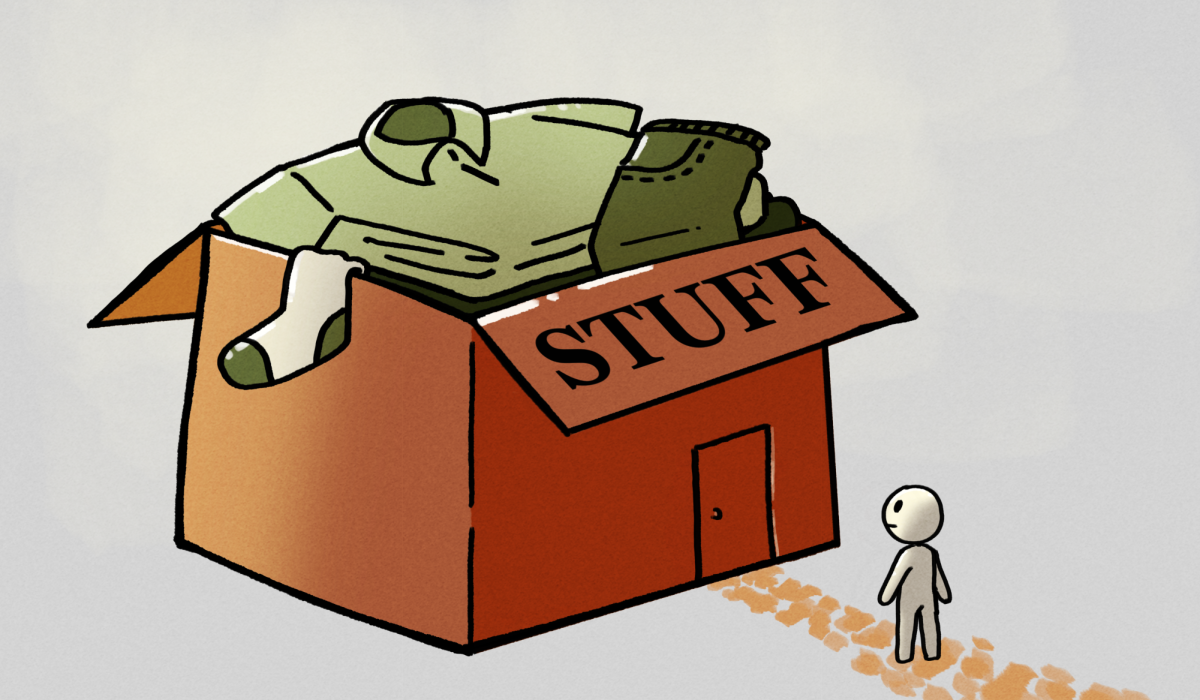On Jan. 11, the California State Assembly Committee passed a bill aimed at allocating more funds to higher education with five affirmative votes and two negative votes. Bill AB 656, authored by Assemblyman Alberto Torrico (D–Fremont), will impose an excise tax on oil companies that extract oil and natural gas from the state’s land and water sources.
If passed by the California State Legislature, the bill would create the California Higher Education Endowment Corporation. The corporation would be run by representatives from the California State University system, the University of California and community colleges and would be responsible for allocating the money each year.
Earlier this month, the bill was amended to incur a 12.5-percent severance tax, as opposed to the previously proposed 9.9-percent tax. According to an analysis by the Assembly Committee on Revenue and Taxation, the tax will now be expected to raise $1.8 billion in 2010 and $2 billion in 2011.
Prior to recent amendments, the bill would have sent 60 percent of revenue to the CSU system, 30 percent to the UC system and just 10 percent to community colleges. After the urging of the Faculty Association of California Community Colleges, however, the bill was rewritten and now directs 50 percent of its revenue to the CSU system, 25 percent to the UC system and 25 percent to community colleges.
“We have allowed oil companies in California to extract oil from our ground and we have failed to charge them an extraction fee, as every other state in the country currently does,” Torrico said. “AB 656 will address that problem directly.”
According to CEO of the California Independent Petroleum Association Rock Zierman, one common objection to this bill is that it would cause an increase in gas prices — something Californians in today’s economic crisis can ill afford.
Torrico, however, said that AB 656 wouldn’t allow for such a price jump.
“The bill specifically prohibits oil companies from passing along the severance fee to consumers at the pump,” Torrico said.
The text of AB 656 states that not only are gas companies forbidden from “using the tax as a pretext to materially raise the price of oil,” but also that the State Board of Equalization is licensed to investigate any producers that they suspect of doing so. However, Zierman doubts the bill’s ability to realistically restrain gas prices, despite its strong wording.
“[Torrico’s claim] is true and it’s not true,” Zierman said. “The only companies that [the investigation] would affect are the fully integrated companies that extract crude oil from the ground and take it all the way to their gas stations. What this bill can’t stop is an increase in gas prices. You can’t completely prohibit an increase in the price of gas — that’s a global market.”
The bill is backed by the California Federation of Teachers, the Service Employees International Union and the UC Student Association.
“I think 656 will provide us with an important alternative source of revenue to allow education to be prioritized in this state,” UCSA President Victor Sanchez said. “It’s the solution that’s out there, the one that’s the most tangible and it’s the one that has the most backing and is moving forward. We’re waiting to see what’s going to happen.”
While Sanchez is uncertain about the fiscal effects that the bill would have on oil companies and oil-dependent industries, he stressed the need for additional funding for universities and colleges.
“We don’t know what the implications would be [for consumers], but we do know what it would mean for higher education in California,” Sanchez said.
Having passed out of committee, the bill must now face both houses of the legislature. Since AB 656 pertains to revenue and budgetary issues, it requires a two-thirds majority from the state senate and assembly.
Readers can contact Kashi Khorasani at [email protected].







